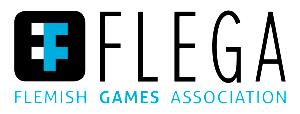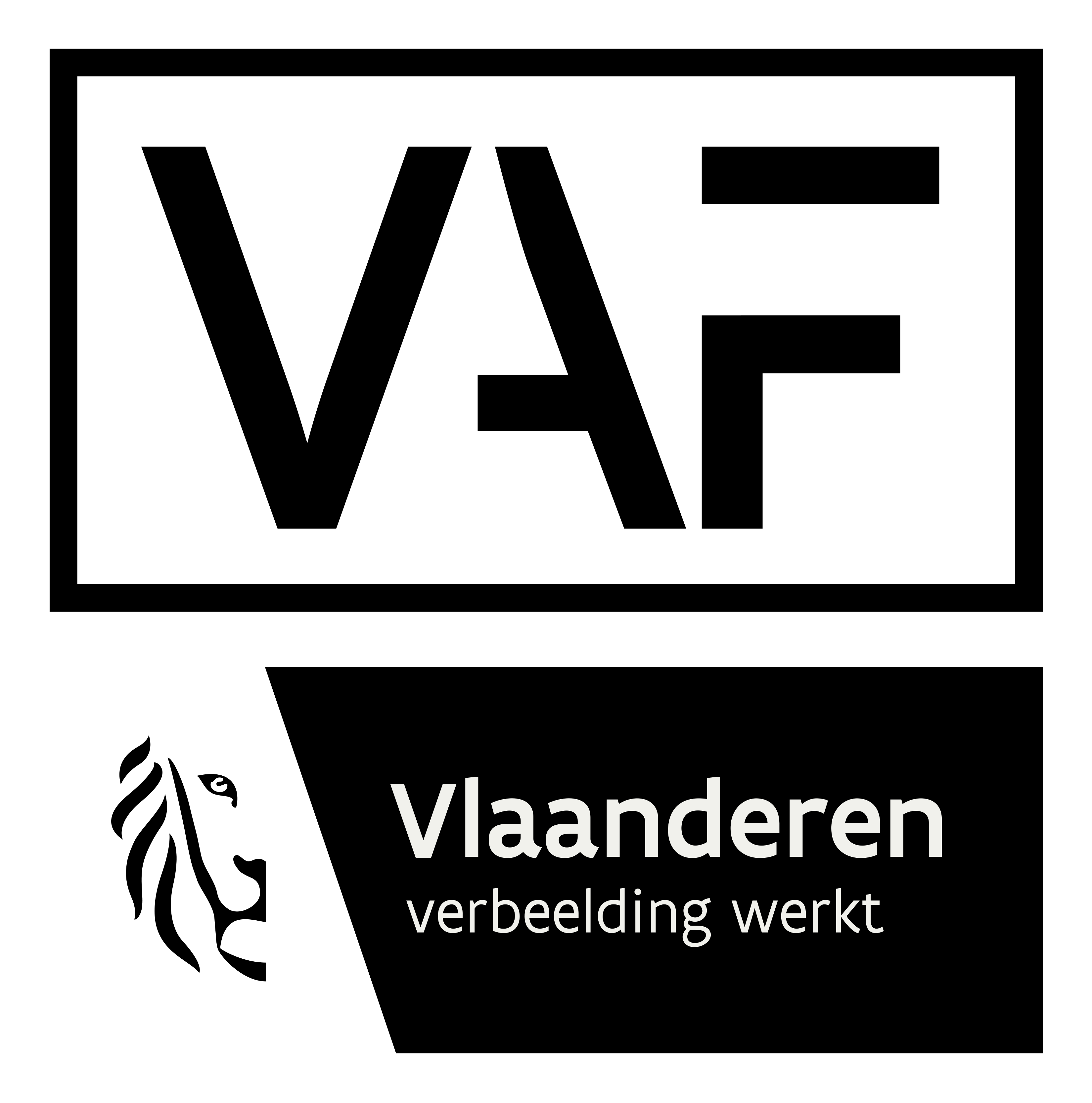 As a game developer, whether you are a start-up or are already well established, your main focus is on creativity: bringing the best game experience to the public. The tax implications (and potential tax incentives) are the least of your concerns.
As a game developer, whether you are a start-up or are already well established, your main focus is on creativity: bringing the best game experience to the public. The tax implications (and potential tax incentives) are the least of your concerns.
Creativity is important, but as a game developer you are also an entrepreneur. As important as financing is to you, so are taxes. Less taxes mean more funds to spend on development or simply more profit in your pocket down the road. Other tax incentives allow you to raise funds in a tax efficient manner and incentivize potential investors. The earlier you apply these incentives, the earlier you are able to reap the benefits. Being an early tax adopter also allows you to correctly structure your legal set-up and to safeguard your precious IP.
In this series of blog posts, to be published in the next few weeks, the tax lawyers of Mythra, who specialize in tax incentives for the game industry, provide you with an overview of the existing Belgian tax incentives that you, as a game developer, could benefit from. In this first blog, Mythra focuses on the compensation for the transfer of copyright.
Compensation for the transfer of copyright
Both you (and your employees) are highly creative. Did you know that this creativity can result in a direct tax saving?
Whether you work as an independent freelancer, as a director of your (management) company or as an employee, your professional income is generally taxed at progressive personal income tax rates, quickly reaching a tax rate of 50%. Besides receiving this professional income, you can also be remunerated for the transfer (or licensing) of your copyright. The income resulting therefrom is only taxed at a rate of 15%. In practice the tax rate is even lower, as you are able to deduct lump sum expenses from such income.
In order to implement this regime, a written agreement and support for the amount of the compensation is required. Besides the tax saving resulting from a transfer, it also brings clarity as regards to the ownership of the IP. Indeed, the underlying agreement does not only substantiate the amount of the compensation, but also clearly states to whom the IP belongs. Also certain formalities need to be fulfilled (withholding tax returns and potential split billing).
Given the high level of creativity in the game industry, the amounts accepted by the Belgian Ruling Commission for the transfer of copyright are fairly high. For employees, they may go up to 20% to 25% of the remuneration package. As a company director, you could be able to obtain 10% to 15% of the gross turnover of your company as a compensation for the transfer of your copyright.
In a nutshell
• For whom? Individuals, being independent freelancers, company directors and/or employees. Employers can implement this regime for multiple (categories of) employees.
• What? Saving at a personal income tax level, decreasing the tax burden from 50% to 15% (or even lower).
• How? A written agreement is required. Certain formalities need to be fulfilled (withholding tax returns and potential split billing). Legal certainty can be obtained through a ruling with the Belgian Ruling Commission.
Want to know more?
Although the abovementioned principles appear to be rather easy, implementing this tax incentive requires the intervention of specialized tax practitioners, with sufficient experience in the game industry. Should you wish to obtain more information on how the compensation for the transfer of copyright could apply to your business, feel free to contact Mythra Tax Lawyers.
In the next 2 blogs in this series, you will learn about other tax incentives already available to the Belgian game industry, such as the wage withholding tax exemption for Research and Development and the Innovation Income Deduction.







